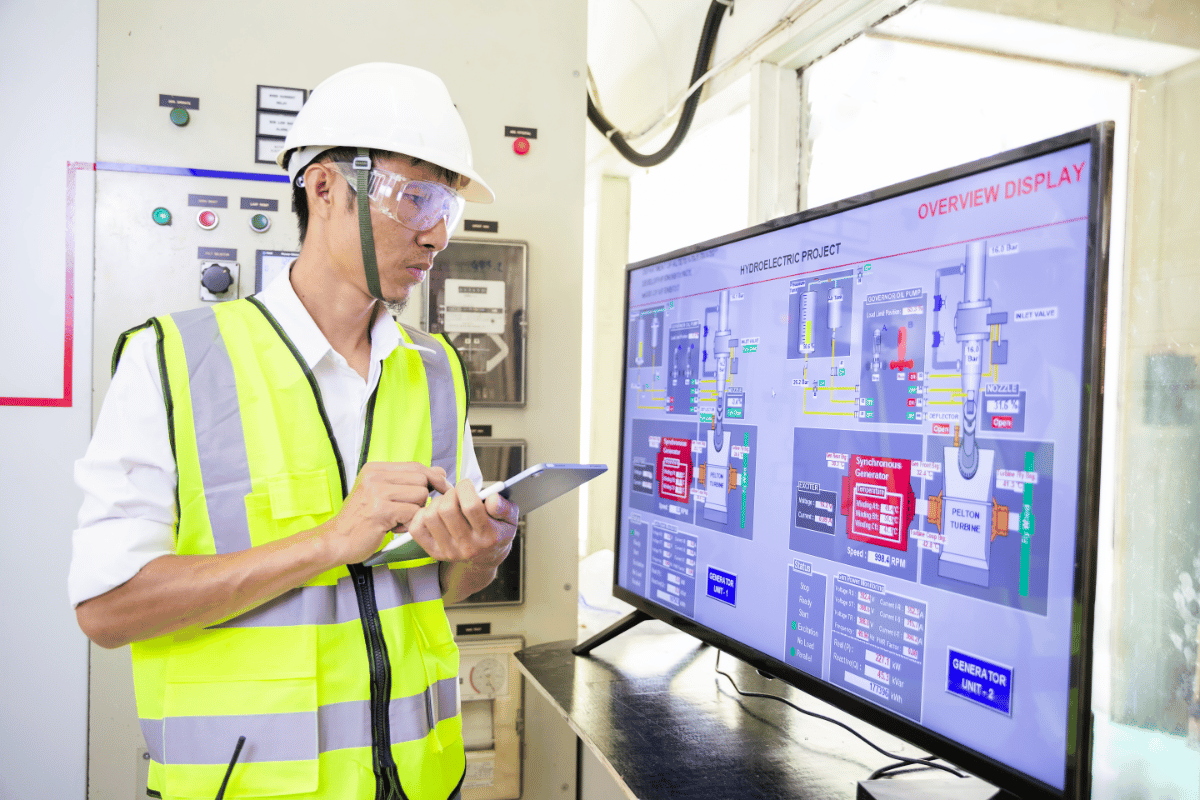Enhancing Facility Efficiency Through Smart Maintenance
In today’s fast-paced and competitive business environment, maintaining operational efficiency is crucial for the success of any facility. Whether managing a commercial building, industrial plant, or office complex, ensuring that all systems and infrastructure run smoothly can significantly impact the bottom line. This is where smart maintenance strategies come into play. Gone are the days when maintenance was merely a reactive measure, taken only when something broke down.
Modern facilities now rely on proactive and predictive maintenance techniques, leveraging advanced technologies to anticipate issues before they become problems. These smart maintenance practices help reduce unexpected downtimes, extend the equipment’s lifespan, improve safety, and optimize energy use.
The Role Of Preventive Maintenance
Preventive maintenance is a cornerstone of intelligent maintenance strategies. It involves routine inspections and servicing of equipment to prevent breakdowns and failures. By addressing potential issues before they escalate, preventive maintenance helps minimize disruptions to operations. For example, regularly scheduled HVAC system checks can prevent sudden malfunctions compromising air quality and comfort in a facility. Similarly, routine inspections of electrical systems can help avoid costly outages. This proactive approach also allows facility managers to plan maintenance activities during non-peak hours, reducing the impact on day-to-day operations.
Predictive Maintenance Is The Future of Facility Management
Predictive maintenance takes the concept of preventive maintenance a step further by utilizing data analytics and IoT (Internet of Things) technologies to monitor the condition of equipment in real-time. Sensors placed on machinery and infrastructure continuously collect data on performance metrics such as temperature, vibration, and energy consumption.
This data is then analyzed using advanced algorithms by Maintainly to predict when equipment is likely to fail or require servicing. By identifying potential issues before they occur, predictive maintenance enables facilities to perform maintenance tasks precisely when they are needed rather than on a fixed schedule.
The Impact Of Smart Maintenance On Energy Efficiency
Energy efficiency is critical to facility management, especially as businesses seek to reduce their carbon footprint and operating costs. Smart maintenance strategies can play a significant role in enhancing energy efficiency. For example, regular maintenance of HVAC systems ensures they operate at peak performance, reducing energy consumption. Similarly, maintaining lighting systems, insulation, and other energy-related infrastructure helps minimize energy waste. Predictive maintenance, with its ability to monitor and adjust energy usage in real-time, further enhances energy efficiency by ensuring that systems operate optimally.
How Safety And Compliance Benefits Smart Maintenance
Ensuring the safety of employees and visitors is a top priority for any facility. Smart maintenance practices contribute to a safer environment by ensuring all systems and equipment function correctly. Before they pose a risk, regular maintenance checks can identify potential safety hazards, such as faulty wiring, malfunctioning machinery, or structural weaknesses. Additionally, many industries are subject to strict equipment maintenance and safety standards regulations.
Optimizing Maintenance Schedules And Resources
One significant advantage of maintenance software is optimizing maintenance schedules and resources. Traditional maintenance practices often involve scheduled downtime, which can be disruptive and costly. However, with predictive maintenance, facilities can plan maintenance activities based on the actual condition of equipment rather than on a fixed calendar. This allows for more efficient use of maintenance personnel and resources, as they can focus on tasks that truly need attention.
For facility managers looking to elevate their operations, integrating smart maintenance practices is not just an option—it’s a necessity. By investing in quality maintenance solutions, facilities can achieve lasting improvements in performance and efficiency.







